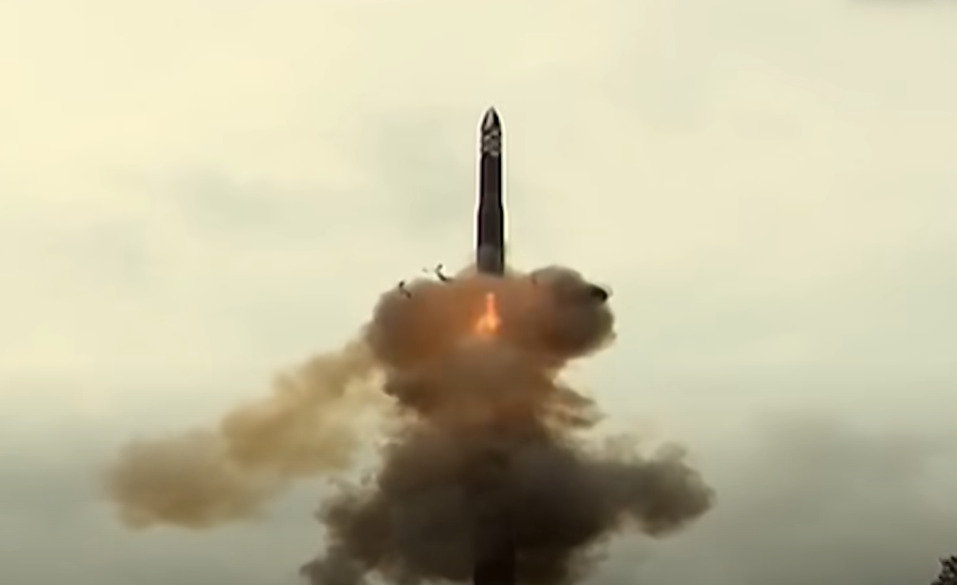North Korea fired two suspected intercontinental ballistic missile-class projectiles toward the Sea of Japan in recent events, prompting widespread international concern and condemnation.
The Japanese government reported these launches, which occurred within hours of each other, with the projectiles believed to have fallen into the sea outside Japan’s exclusive economic zone.
The first missile, launched late Sunday, flew about 400 km at a maximum altitude of 50 km before falling near the east coast of the Korean Peninsula. Identified by South Korea’s Joint Chiefs of Staff as a short-range projectile, it prompted swift reactions from senior US, Japanese, and South Korean officials. (hydeparkrecords.com)
The second missile, fired at a lofted angle, traveled for approximately 73 minutes, covering 1,000 kilometers according to South Korea.
Japan indicated that this missile potentially possesses the capability to reach a maximum distance of 15,000 km at an altitude of 6,000 km, posing concerns about its potential reach, including the continental United States.
These launches come amidst warnings and tensions, with a senior South Korean official speculating the possibility of North Korea launching an intercontinental ballistic missile.
North Korea’s Threats and Retaliation Warnings

North Korea had previously warned of retaliation following the Nuclear Consultative Group meeting between the United States and South Korea, vowing a preemptive and forceful response against any perceived hostile actions.
In response to these missile tests, Japan strongly condemned the launches, labeling them as violations of UN Security Council resolutions.
The recent actions further escalate regional tensions, especially considering Pyongyang’s previous demonstration of ballistic missile technology by launching a military spy satellite in November.
Efforts by Japan, the United States, and South Korea to establish a real-time information-sharing system on North Korean ballistic missiles underline the shared concerns and efforts to monitor and address the evolving situation. These collaborative initiatives seek to bolster preparedness and response capabilities in the face of North Korea’s escalating missile activities.
The international community remains vigilant, emphasizing the need for diplomatic resolutions to mitigate tensions and maintain regional stability amidst North Korea’s continued missile provocations.


Comments are closed.